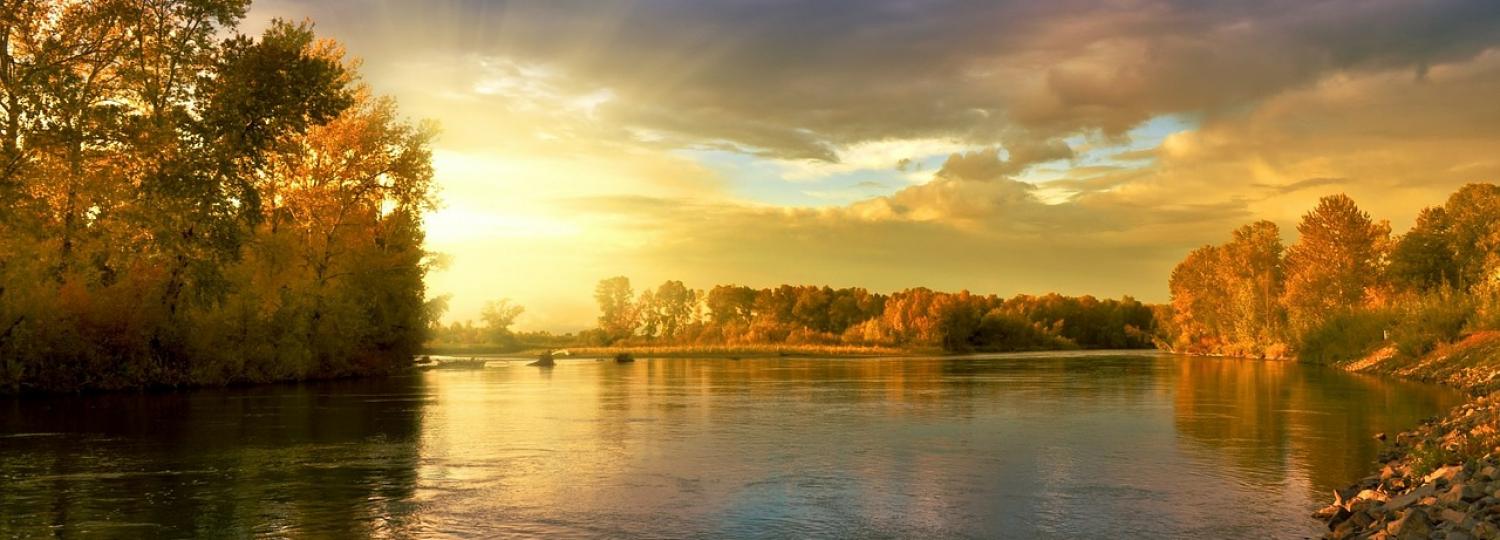Virtual in nature, this final UEI communicated the current scientific needs and nature of government-academia collaborations in India to wider scientific and stakeholder communities in both the countries. A set of pre-recorded interviews with experts from the Indian and the UK water sector were launched during the 2-hour event held on the 9th of September 2020. The event was then kept open to Thursday, September 17, 2020. Below is the unedited content launched on 9th September.
Welcome to 'Water Resource Management & Science – Supporting One Another'
In previous years, IUKWC has hosted ‘User Engagement Initiatives (UEIs)’, which were held in-country, and were focused on promoting the uptake of research results into policy/operational practice. The UEIs were designed to bring together scientists with policy makers, regulators or commercial companies to discuss and share ideas, real-life challenges and opportunities for future collaborations. This year, due to the COVID-19 pandemic, it has been impossible to physically bring people together, and so the IUKWC brings you the Virtual UEI.
Starting with welcome addresses from our Centre Coordinators (one in English and one in Hindi), we have put together a set of pre-recorded interviews that cover diverse topics on sustainable water management, planning, and development, for you.
Each video has its own page [no longer available as separate pages ]with a description of the topic covered, a transcript of the interview in Hindi [no longer available], and the opportunity to post comments [no longer available]. Our Experts will endeavour to respond to your comments up to September 17th 2020, after which the comments section will no longer be available. We would love to know which organisation you are with, so please include that with your comment!
Check out our side panel for further ways to engage and for further information [no longer available]. Please do enjoy your time with us, and we do humbly request that you keep your comments appropriate for public viewing.
